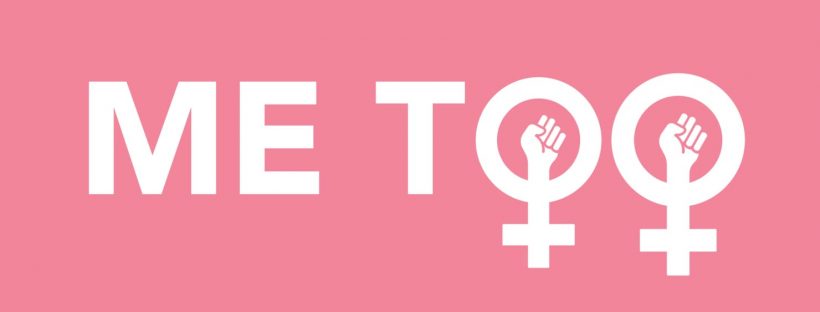
This week I discovered an excellent human rights podcast from the University of Oxford called ‘Rights Up.’ I was extremely pleased to find a podcast entitled ‘A No-Man’s Land of Justice – Holding Corporations Accountable for Human Rights.’ You can listen to the podcast here.
The podcast interviewed Professor Boni Meyersfeld, who has written about the links between international law and domestic violence but has a strong interest in the idea of corporations being held responsible for human rights violations.
In class, we have been reminded countless times that in terms of international law, only states can be held responsible for human rights violations, but Professor Meyersfeld points out the reasons why businesses themselves should be held accountable for these infringements.
Professor Meyersfeld notes that a lot of people argue that companies do not make human rights abuses, individuals within the company do so. However, in other parts of the law such as tax avoidance, the company as a whole is held responsible, rather than the individuals within it, why should human rights abuses be considered any differently?
She then went on to discuss globalisation and the subsequent governance gaps between host and home states, something which we have been studying closely in class. As a result of globalisation, there is more of a need for a standardised international law.
Something she spoke about which sparked my interest was how closely linked corporations are to the state and the amount of influence and power some corporations have, even within politics. She used the example of America invading Iraq, and how Dick Cheney’s oil company directly profited from this political decision. This feels all too familiar, what with the current leader of the free world, Donald Trump, perhaps having a conflict of interests when it comes to business and political ideals. Where do we draw the line in terms of what a business does, and what the state does? Professor Meyersfeld also talks about continued colonisation in developing states. Even though states may have decolonised, corporations remain and exploitation still occurs structurally.
Linking nicely to my post from last week about gender inequality as a result of extractive forms of industry, Prof Meyersfeld then went on to speak about the roles of corporations and certain violations committed against women.
Something she mentioned which I wasn’t aware of was how in certain communities in developing countries, after mining companies move into these areas, women who previously had no issues, suddenly have massive problems with their reproductive health. She notes how we have to draw a link between these issues and the mining companies, whether it’s down to air pollution, water contamination or even just long and tiring distances walked by women just to get hold of food and water.
Prof Meyersfeld then shared what she believes to be one of the best remedies to these human rights issues, and amongst others, she believes impoverished states should unify to create standardised, stronger laws, so that they do not compete for the economic input of large corporations, and therefore reduce their own standards of law.
Something that Prof Meyersfeld mentioned right at the end that we have not talked about in class is the U.S Alien Tort Statute which reads;
“The district courts shall have original jurisdiction of any civil action by an alien for a tort only, committed in violation of the law of nations or a treaty of the United States.”
This piece of legislation has been used as a way for foreign nationals to bring claims into the U.S courts for human rights violations committed within host states. So far, these cases have never been successfull apart from through settlement, but this piece of legislation certainly brings attention to a need for an international legal system.



